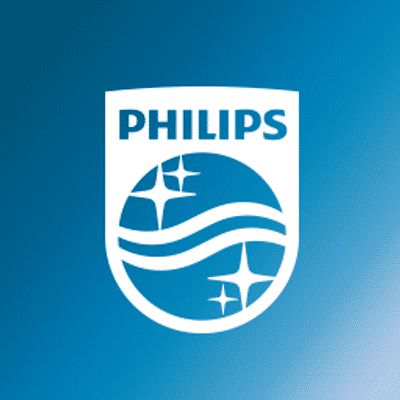Navigating complex health issues while balancing the demands of daily life can be incredibly challenging. For Chelsea F., a 34-year-old woman with a history of congenital duodenal atresia, gastroparesis, gluten intolerance, and multiple food allergies, this reality hit hard when a series of severe health complications led her to seek help in the emergency room.
The Clinical Challenge
Chelsea's story began with a frustrating cycle of frequent ER visits. Over the span of just one month, she was admitted to the emergency room seven times due to persistent and severe nausea and vomiting. Alongside these symptoms, she experienced worrying neurological issues, including paresthesia (tingling or numbness), dizziness, weakness, difficulty walking, and visual impairment.
Upon admission to the hospital, an endoscopy was performed, which yielded no significant findings. Despite this, Chelsea's condition was severe enough to necessitate a thorough evaluation and treatment plan. The medical team administered a combination of intravenous medications: droperidol for nausea, famotidine for stomach acid reduction, magnesium for electrolyte balance, and normal saline for hydration.
“myLaurel was a lifesaver,” Chelsea recounts. “I was supposed to stay in the hospital for three more days for a certain IV treatment, but because of myLaurel, I was able to go home and spend precious time with my five-year-old daughter.”
— Chelsea; patient, mom
A Turning Point: Neurological Insights
The breakthrough came when the neurology team identified Chelsea's neurological symptoms were likely due to deficiencies in essential B vitamins, specifically thiamine (vitamin B1) and niacin (vitamin B3). This revelation pointed to a crucial aspect of her treatment: aggressive vitamin repletion.
Transitioning to Home
Despite the promising new treatment plan, Chelsea faced a dilemma. The thought of spending additional days in the hospital beyond her almost two-week stay was daunting, particularly as she had a young daughter at home who was only able to visit her once while she was in inpatient treatment. Fortunately, Ochsner Health called on their home-care partner, myLaurel, which provided a solution allowing Chelsea to early discharge from the hospital and continue her treatment from the comfort of her home.
The myLaurel Experience
Chelsea’s experience with myLaurel was marked by both convenience and quality care. The home care team visited Chelsea’s home for intravenous treatments over the course of three days, with the first treatment beginning the day after she was discharged. Chelsea was prescribed a regimen of thiamine, starting with 500 mg IV three times a day for two days, then a reduced dosage of 250 mg IV daily for five days, and then 100 mg orally daily for the foreseeable future.
“The service was professional and caring,” Chelsea notes. “The in-home providers were consummate professionals, friendly and efficient, and the treatments were completed quickly—usually in about 30 to 45 minutes. They were accompanied by a physician over telehealth.”
“I was very impressed by how quickly the physicians actually dug into my history and understood it before they started talking to me.”
The flexibility of receiving care at home allowed Chelsea to focus on her recovery and family life. “Being at home made a huge difference,” she says. “I didn’t have to stay in the hospital an additional three days for a treatment that took a half-hour and could be present for my daughter, who was about to start kindergarten. I’m doing better, little by little.”
Final Thoughts
Chelsea’s journey underscores home-based care's profound impact on a patient's quality of life. For patients like Chelsea, balancing complex medical needs with family responsibilities can be daunting. MyLaurel’s ability to deliver high-quality care at home offers a vital alternative, ensuring that patients receive the treatment they need while maintaining their daily routines and family connections.
“I’m not one to let strangers in, but the people I met with were all very nice and very kind, and I had no problem letting them in to help me. The myLaurel team called for my first treatment and then called ahead over the next two days when they were on their way.”
As Chelsea continues her recovery, with follow-up appointments to monitor her vitamin levels and neurological health, she remains grateful for the support and flexibility provided by myLaurel. Her story is a testament to the transformative power of home-based care in managing chronic and complex health conditions.
Conclusion
For those navigating similar health challenges, Chelsea’s story highlights the benefits of exploring home care options. myLaurel offers a compassionate and practical solution for patients and their families by bridging the gap between hospital-based treatments and home life.
Chelsea shares a tearful final thought: "It frees you up to live the rest of your life. The freedom to be at home and still live your life was a humongous plus to this whole experience.”

















